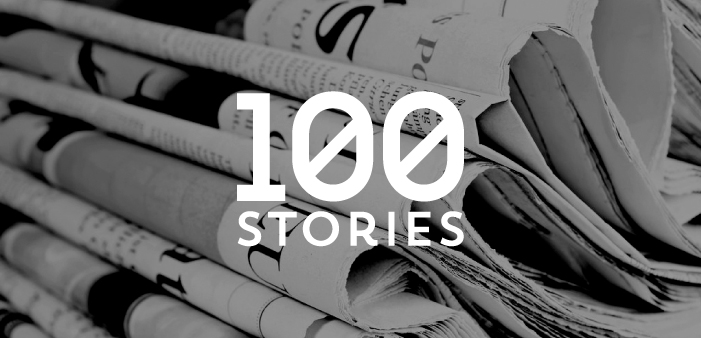How two companies scaled for an international trade sale

Every company’s growth journey is unique. Selling to an investor or another company isn’t an option for some founders. But others have a clear plan to sell or exit – to realise their company’s value after years of growth.
The EY Fast Growth Tracker polls the fastest-growth companies in the UK. Most of them are making £5m or less in revenue.
EY’s November 2017 research reveals that the majority of business owners have a five-year plan. And 60% of them are focused on selling to an international corporate.
This week, the 100 Stories of Growth campaign is highlighting two very different businesses that have scaled successfully. Then they both chose to sell to well-known international corporates.
But though their shareholder structure has changed, their brands are alive and kicking. And being part of a larger group is turbo-charging their scale-up ambitions.
Vision Direct’s Pac-Man strategy pays off
From its bricks-and-mortar business in the early days, Vision Direct is now a leading international online brand selling contact lenses and eye care across Europe. France’s Essilor acquired the company in 2016.
Vision Direct has more than 700,000 registered customers across Belgium, the Netherlands, France, Ireland, Italy, Spain, and the UK.
Before his trade sale, CEO Michael Kraftman explains how his company snapped up the online competition – Pac-Man style – to become a leading player.
When an opportunity arises we don’t discount it because it’s not part of our plan. We react.
Along the way, Octopus Ventures invested in the company on the basis that it divest retail stores and pursue its online-only model.
Having originally founded the company, Kraftman remains at the helm. And Vision Direct’s latest annual revenue is £60m employing around 200 people. [Read the Vision Direct story]
Longitude’s self-funded growth led to FT acquisition
Launched in 2011, thought leadership advisory firm Longitude has grown wholly organically, reinvesting profits to support its expansion. During this time, its team has expanded from less than five people to 36. And its latest annual revenue is £5m.
The company delivers high-calibre thought leadership advisory, research and content solutions for blue chip clients.
Co-founder and COO James Watson explains that it has been consistently profitable since inception, and hasn’t had a single pound of bank debt.
We’ve been fortunate to have a strongly positive net cash flow, which has allowed us to keep building and expanding our team.
In February, the Financial Times (FT) acquired a majority stake in Longitude. The FT investment helps Longitude align more with its US customers by allowing the company to invest in its team.
Crucially, the FT also provides a source of funding for growth, allowing Longitude to bypass the banks. [Read the Longitude story]
Join the 100 Stories of Growth campaign as we continue to explore how fast-growth companies are using financial, human, intellectual and emotional capital to successfully scale.
Follow us on Twitter to be the first to find out new and inspiring stories @100stories








